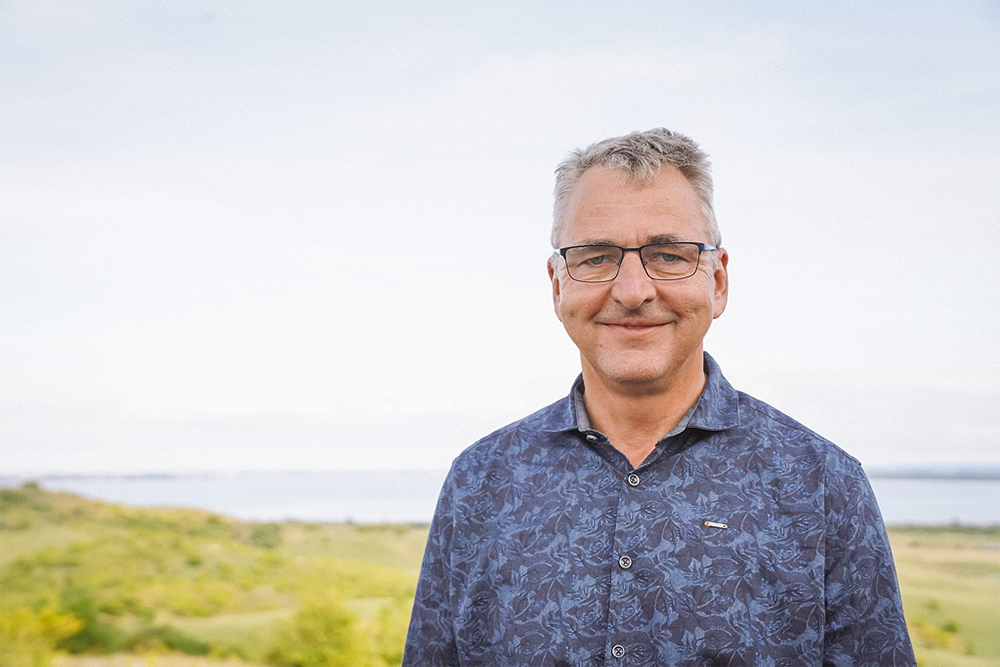Uwe Bornscheuer appointed honorary doctor at KTH

Uwe Bornscheuer, Professor at the University of Greifswald, has been appointed honorary doctor at KTH for his efforts to bridge chemistry and biotechnology to address global challenges and drive industrial transformation toward sustainability.
KTH appoints honorary doctors to honor individuals who have made significant contributions to society and promoted the development of KTH. Professor Bornscheuer has been a vital collaborator with KTH for over two decades, contributing to joint publications, student training, and scientific exchange.
“I am very pleased to get the Honorary Doctorate. I consider this an outstanding recognition of my scientific achievements and for a long-standing collaboration with KTH,” Uwe Bornscheuer says.
Professor Bornscheuer’s pioneering work spans diverse areas, including enzyme engineering for breaking down plastic, in organic synthesis or lipid modification, also using machine learning methods for protein design aiming to develop sustainable reactions for chemistry and beyond.
Enzyme recycling
He started working with enzyme applications in organic synthesis during his doctoral studies in the early nineties. Later, as a postdoctoral researcher in Japan and during his habilitation in Stuttgart (Germany), he got into microbiology, molecular biology and computer modeling methods. Since 1999, he has been professor at the University of Greifswald in Germany.
“One of our latest achievements was the discovery of the first enzymes able to be used in the recycling of the plastic polymer polyurethane. We hope that this contributes to the solution of the plastic waste problem,” Bornscheuer says.
Plastics can be recycled in different ways; mechanically (grinding the material into small pieces and supplement this in the making of new (petrol-based) polymer), using chemical methods or more recently, enzymes. Chemical and enzymatic recycling work in principle in the same way, breaking the polymer down to its basic molecules, monomers, but doing this with enzymes is much more energy efficient. The trick is to find the right enzyme for the specific polymer and enhance them.
“These are natural enzymes which have a totally different natural function. Polymers were first invented by chemists about a century ago, but natural evolution takes millions of years. We found these enzymes and now we must make them more efficient using our methods of enzyme engineering,” Bornscheuer continues.
Proud of his students
With an exceptional academic output of over 600 scientific papers, an H-index of 100, and more than 50 patents, Uwe Bornscheuer exemplifies scientific excellence and impact. He is very proud of his achievements, and of the more than 80 doctoral students he has mentored over the years.
“I am mostly proud of the many PhD students that have graduated under my supervision, plus the bachelor and master’s students and postdocs which I had the pleasure to supervise and guide,” Bornscheuer says.
Text: Jon Lindhe ( jlindhe@kth.se )
